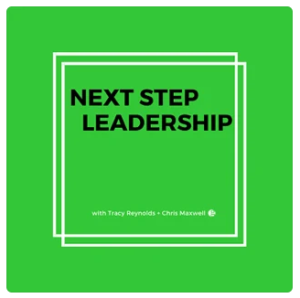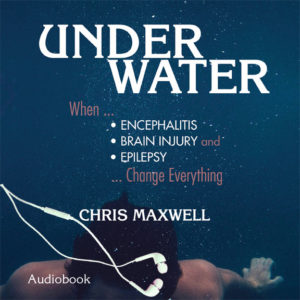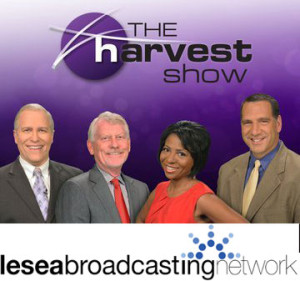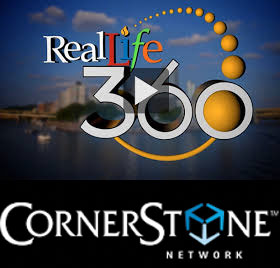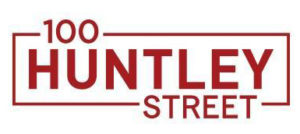– Today’s blog is from Chris Maxwell’s book “Changing My Mind.” This week is the 20th anniversary of when his life changed from encephalitis. He now lives with epilepsy, severe brain damage, and he tells his story by writing and speaking in many settings. His latest book, Pause With Jesus, includes part of this story in Chapter 20, “The Question.” BUY HERE.
Most people occasionally forget a name. Spell-check and memos come in handy for us all. An appointment missed or a birthday forgotten: stuff happens. Parents stare at one child, calling him or her the name of a sibling. Singers miss words of the national anthem, or ruin Wrigley Field’s seventh-inning stretch while trying to lead the fans in “Take Me Out to the Ball Game.”
You’ve done it, haven’t you? Ordered the wrong meal, taken the wrong turn, called the wrong number? We label those errors common mistakes. Those of us who are perfectionistic control freaks condemn ourselves until we silence the self-talk.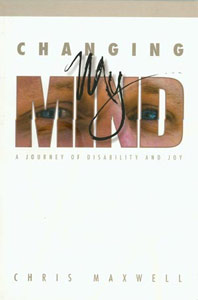
When such mistakes occur habitually, we think we’re just getting old. But if blunders suddenly invade us and become the norm; if a husband knows his wife one day and doesn’t the next; if a few formerly common words refuse to journey from mind to mouth; if we become a person we never hoped to be, what happens then?
I know a lot about what happens. It is still happening to me.
We all relate. We experience changes unique to us—our own private changes. Changes noticed by others and changes ignored as long as possible by ourselves. Changes that finally, when allowed, bring growth—spiritual and relational growth, growth in thinking of others as we learn from ourselves, growth through the shrinking of ourselves.
This book collects my confessions about the growth pains and gains resulting from permanent brain damage. As you read it, write your own version. Confess your own changes, your own growth.
Whatever your condition, join the journey. Enter the experience. Be aware of reality. As you critique and confess and compare, here is the dare. Stare at me and my life to see where you are. Think of receiving help from others, of giving more when there is nothing there to give, of living. Really living.
This book is my effort to come to terms with life, with change, with a me I never expected to become. To come to terms with a me who forgets, who struggles, who doubts. I offer my own honest recovery, and I ask, What is this sad season of your life teaching you? How can your weakness make you strong?
I don’t know all the answers. But my knowing so much about remembering less might help you know and do and be made new. I pray this account of thinking and changing brings growth.
